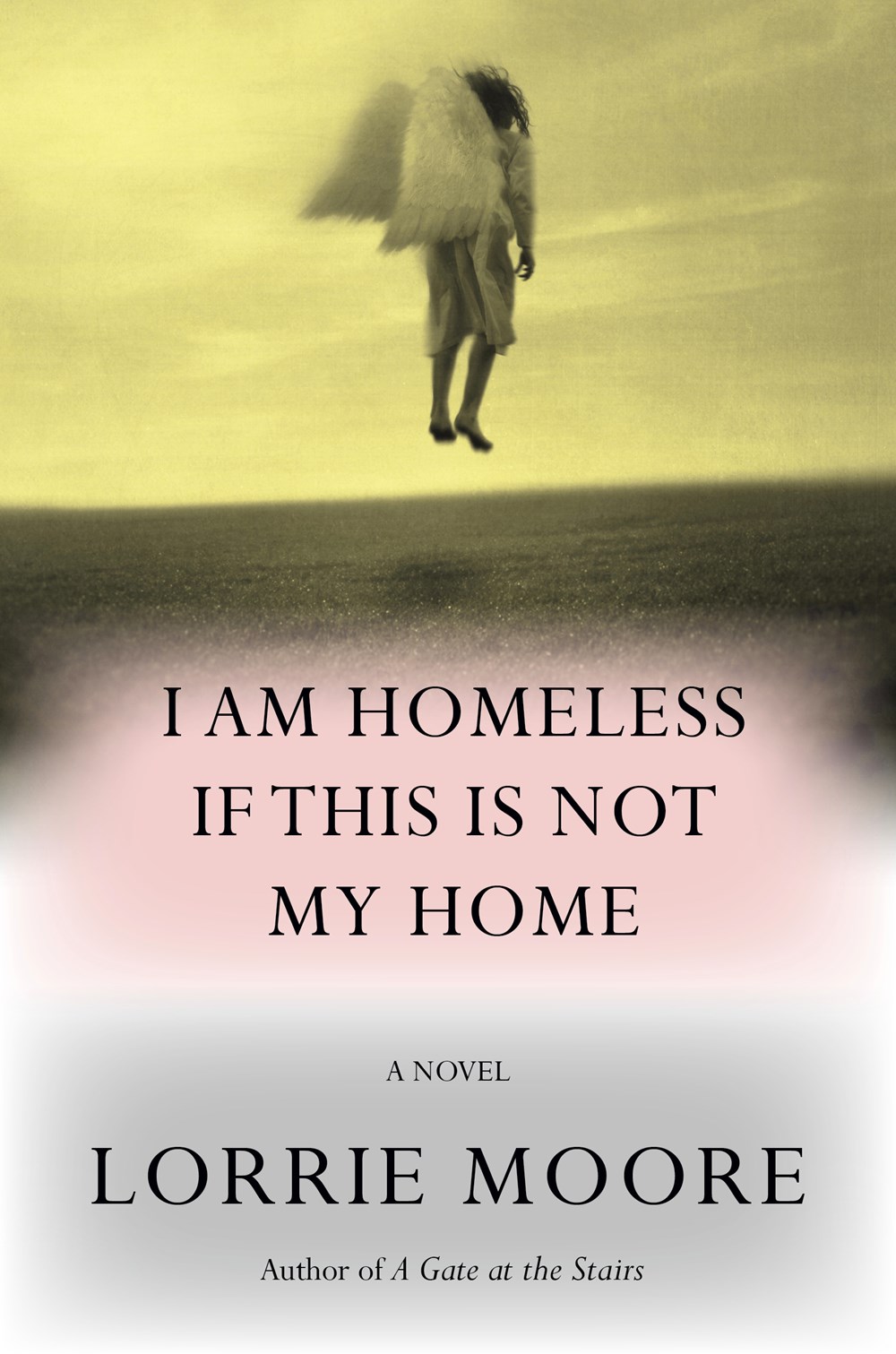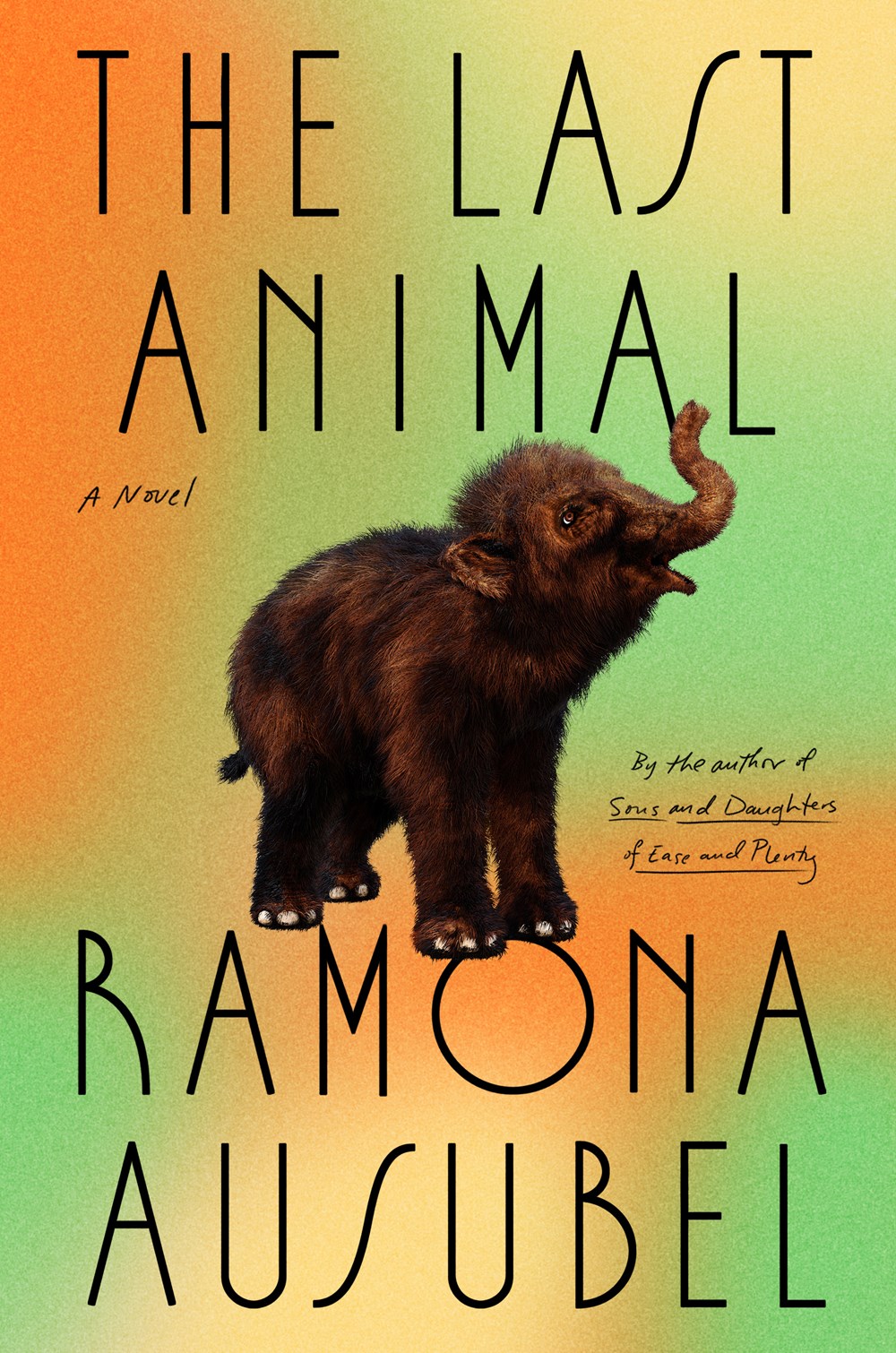Christine DeZelar-Tiedman
133 Articles
Last 30 days
Last 6 months
Last 12 months
Last 24 months
Specific Dates
From:
To:
PREMIUM
Blue Ruin
Kunzru (Red Pill) has a gift for vivid, visceral description, whether it’s the drug-fueled squalor of London’s underground art scene or the gentrified New York compound where Jay finds himself. Along the way, there are thematic threads involving the commodification of art and conflicts of class and race (both Jay and Alice are biracial). Kunzru’s unique style and perspective make for a fun, though edgy ride.
PREMIUM
My Friends
Especially in the novel’s second half, Khaled’s lack of driving force begins to feel stale, but the sense of loss of home, and eventually of friendship, is movingly rendered.
North Woods
 Although the novel spends varying amounts of time with each successive set of characters, Mason depicts all of their stories with sympathy, sensitivity, and affectionate humor. Epic in scope and ambitious in style, this book succeeds on all counts. Highly recommended.
Although the novel spends varying amounts of time with each successive set of characters, Mason depicts all of their stories with sympathy, sensitivity, and affectionate humor. Epic in scope and ambitious in style, this book succeeds on all counts. Highly recommended.
PREMIUM
I Am Homeless If This Is Not My Home
This is an unashamedly weird (but also funny) novel, but if readers can get beyond the morbid premise, there is much enjoyment to be had with Moore’s unique style, particularly the extended, loopy dialogue, replete with wordplay, song lyrics, conspiracy theories, literary and pop culture references. By its end, it becomes a moving tale of longing, grief, and acceptance.
Small Worlds
 The musicality of Nelson’s language underscores this vibrant and deeply moving tale of love, family, and coming of age. While stories of conflict between first- and second-generation immigrants are common, the cultural richness and specificity of Nelson’s narrative rises above tropes and stereotypes.
The musicality of Nelson’s language underscores this vibrant and deeply moving tale of love, family, and coming of age. While stories of conflict between first- and second-generation immigrants are common, the cultural richness and specificity of Nelson’s narrative rises above tropes and stereotypes.
PREMIUM
The Last Animal
Ausubel grounds the seemingly far-fetched plot by having the characters themselves express wonderment and skepticism as the events unfold. Worldly-wise and cynical, Eve and Vera navigate their unconventional lifestyle by alternately clinging to each other and setting their own boundaries. The family works toward healing in an emotionally authentic way, while the unique plot keeps the pages turning. Recommended for most collections.
River Spirit
 Historical novels are often most successful when they focus on ordinary people experiencing extraordinary times, and that is the case with Aboulela’s (The Kindness of Enemies) latest. Zamzam and Yaseen’s love story is moving and gripping, sweeping the reader along hoping that they will end up together against the odds. The multiple perspectives also serve a useful purpose for readers who may know next to nothing about the complex historical events described. Highly recommended.
Historical novels are often most successful when they focus on ordinary people experiencing extraordinary times, and that is the case with Aboulela’s (The Kindness of Enemies) latest. Zamzam and Yaseen’s love story is moving and gripping, sweeping the reader along hoping that they will end up together against the odds. The multiple perspectives also serve a useful purpose for readers who may know next to nothing about the complex historical events described. Highly recommended.
PREMIUM
Playhouse
Set in the early 2010s, prior to the #MeToo era, Bausch’s novel seems to be saying something about predatory men, but it’s unclear where he stands on the subject, and there is no real payoff to that story thread.
PREMIUM
The Magic Kingdom
The narrative moves slowly, but copious detail of Shaker life and the philosophy of utopian communities that have largely disappeared from the American landscape, are well depicted. Well-researched historical fiction from a skilled novelist.
ALREADY A SUBSCRIBER? LOG IN
We are currently offering this content for free. Sign up now to activate your personal profile, where you can save articles for future viewing










